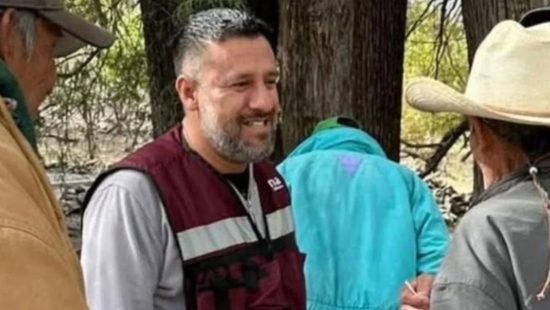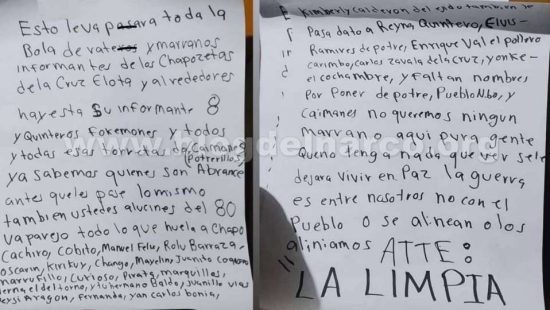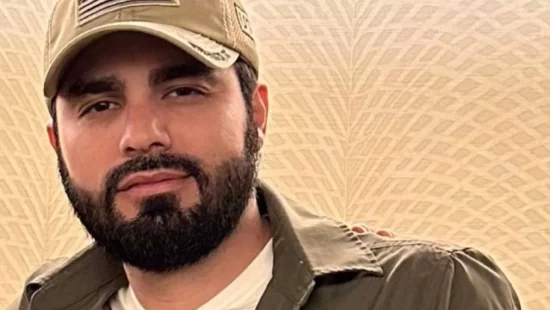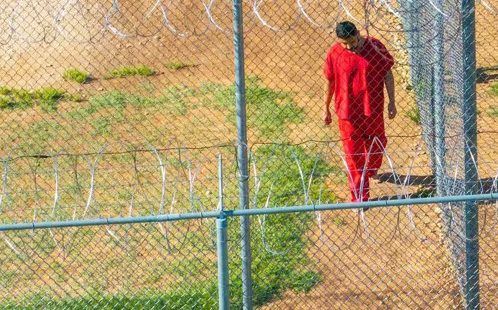As violence and visa bans escalate, the cultural heartbeat of Mexico’s bandas and corridos faces a deadly reckoning.
The brazen murder of Julio Eusebio Labra, better known as Julio “N,” lead singer of the norteño group Conquistadores de la Sierra, has reignited concerns about the escalating violence targeting regional Mexican musicians. Julio was shot and killed on Sunday, June 1, while performing live at El Guamuchilito, a family-oriented bar-restaurant in the El Guante neighborhood of Emiliano Zapata, Morelos.
The killing was shocking not just for its brutality, but for its timing—occurring mid-performance, in front of a live audience. According to local media, a group of armed men entered the venue shortly before 11 p.m. and opened fire directly at Julio as he performed on stage. Panic erupted as concertgoers dove for cover. When the gunfire stopped, Julio lay dead on the stage, and the gunmen had vanished.
Authorities quickly responded, cordoning off the venue and launching an investigation. Miguel Ángel Urrutia Lozano, Secretary of Security and Citizen Protection, confirmed the murder and stated that the case is now under the jurisdiction of the State Attorney General’s Office. One of the main leads, he said, involves a possible personal motive—potentially linked to a former romantic partner of the singer.
But beyond the individual tragedy lies a deeper concern: Julio’s murder is part of a troubling trend of violence directed at musicians in Mexico, particularly those who perform narcocorridos—songs that often depict the lives, conflicts, and operations of drug cartels and organized crime.
Julio’s killing is far from an isolated incident. In recent years, multiple artists—especially those in the norteño, banda, and corridos tumbados genres—have been threatened, attacked, or killed. The reasons vary: some artists are accused of having cartel affiliations, others are targeted for perceived disrespect, and some simply find themselves in the wrong place at the wrong time. Whatever the motive, the effect is chilling: public performances now carry life-or-death risks for many musicians.
This violence has led to growing paranoia and self-censorship in the regional music scene. Some groups have stopped performing certain songs or canceled shows in cartel-controlled areas altogether. Others now rely heavily on private security—if they perform live at all.
Compounding the crisis is increasing scrutiny from the United States. In recent months, U.S. immigration officials have canceled or denied visas to several Mexican artists known for their association with narcocorridos. This crackdown comes amid growing criticism that the genre glamorizes drug violence and undermines public safety.
For musicians, especially those whose livelihoods depend on international tours and large Mexican-American audiences in cities like Los Angeles, Chicago, and Houston, the visa cancellations are a major blow. They also represent a broader cultural battle over the future of regional Mexican music and its role in society.
For decades, corridos have served as an oral history of Mexico’s social struggles, evolving from ballads about revolutionaries to tales of modern drug lords. But with the current wave of violence and governmental pushback, the genre faces an identity crisis. Can it continue to be a voice for the marginalized without becoming a target? Can musicians sing about their realities without being silenced by either a gun or a government order?
Julio’s death underscores the dangerous intersection of art, violence, and politics. While authorities continue to investigate the motive behind his murder, the broader message is clear: the stage is no longer a safe space. For banda and norteño artists, the risks of performance now extend far beyond broken strings or off-key notes.
In the wake of the tragedy, fans, fellow musicians, and cultural advocates are calling not only for justice for Julio, but also for a reevaluation of how the nation—and its northern neighbor—treats this long-standing and culturally rich musical tradition.
If music is a reflection of a society’s soul, then the current silencing of its singers is a warning sign we cannot afford to ignore.








